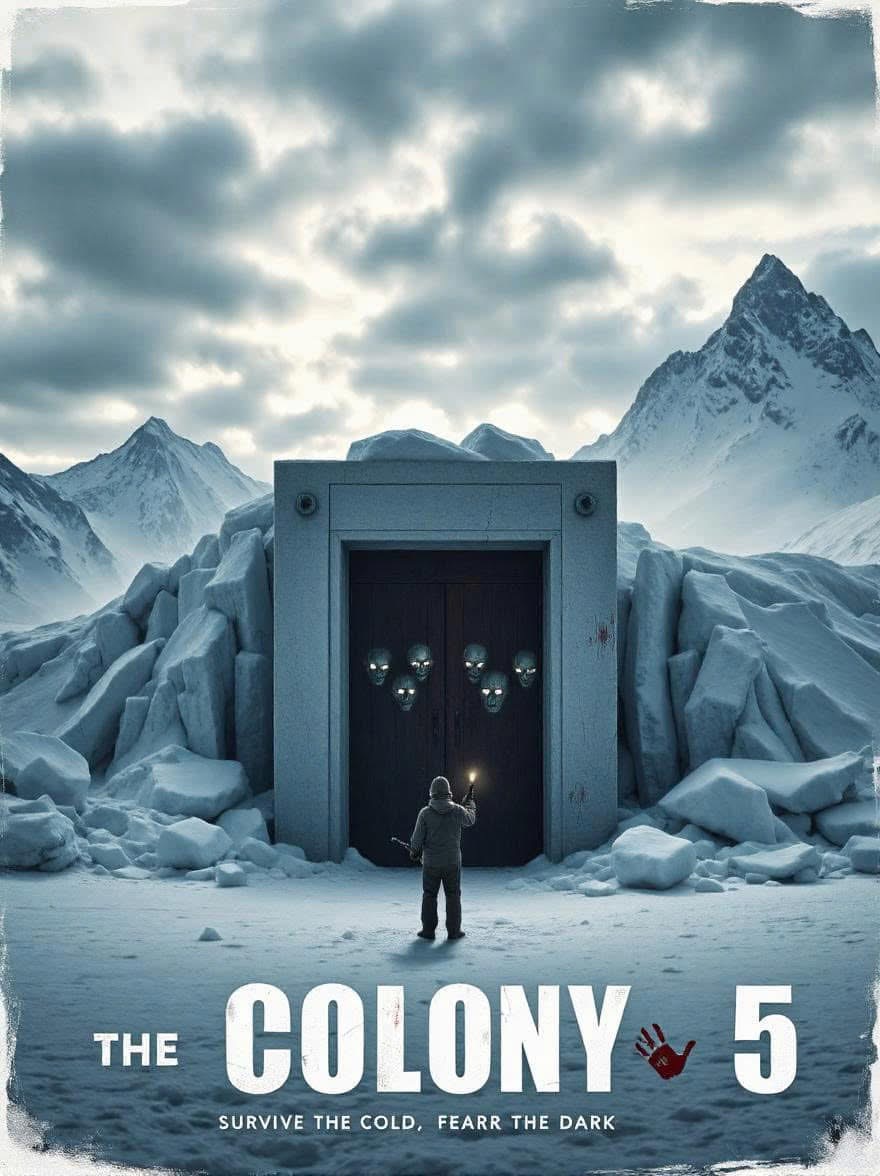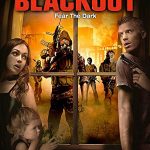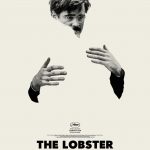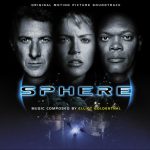The Colony (2013)

The Colony (2013) is a post-apocalyptic science fiction thriller directed by Jeff Renfroe. Set in a future where the Earth is locked in a perpetual winter caused by climate engineering gone wrong, the film explores themes of survival, human resilience, and the darker sides of human nature. It stars Laurence Fishburne, Kevin Zegers, and Bill Paxton in leading roles.
The movie opens in an icy wasteland, with the remnants of humanity living in underground bunkers to escape the uninhabitable surface. These bunkers, referred to as colonies, serve as the last vestiges of organized human society. The story focuses on Colony 7, where strict rules, limited resources, and the looming threat of disease create a tense and desperate environment.
Plot Summary:
The central conflict begins when Colony 7 receives a distress signal from a neighboring colony. Sam (Kevin Zegers), Briggs (Laurence Fishburne), and Graydon (Atticus Dean Mitchell) set out to investigate. Upon arriving, they discover the colony has been overrun by feral cannibals—a terrifying reminder of humanity’s potential for devolution under extreme circumstances.
The narrative then transitions into a survival story as the protagonists must escape the cannibals and return to Colony 7. Meanwhile, internal tensions within Colony 7 escalate, especially between Briggs and Mason (Bill Paxton), who disagrees with Briggs’ leadership. Mason’s increasing paranoia and ruthlessness mirror the external threats, creating a layered conflict that questions what it means to lead and survive.
Strengths:
1.Atmosphere and World-Building:
The film excels in creating a bleak, claustrophobic atmosphere. The underground bunkers are convincingly grim, filled with dim lighting, rusty machinery, and a sense of decay. The frozen wasteland above ground is beautifully desolate, effectively underscoring the desolation of a world in ruin.
2.Themes of Survival and Morality:
The film asks thought-provoking questions about the cost of survival. How far would you go to protect your group? At what point do humans lose their humanity? These questions are explored through the contrasting leadership styles of Briggs and Mason, as well as the horrifying existence of the cannibalistic outsiders.
3.Performances:
Laurence Fishburne brings a calm authority to the role of Briggs, embodying the rational, compassionate leader. Bill Paxton’s performance as Mason is chilling, portraying a man whose fear and desperation lead him down a dark path. Kevin Zegers offers a solid turn as the younger, idealistic Sam, providing a relatable anchor for the audience.
4.Practical Effects:
The film makes good use of practical effects and minimal CGI, which helps ground the story in a tangible, believable world. The makeup for the cannibals, in particular, is gruesome and effective.
Weaknesses:
1.Predictable Plot:
While the premise is intriguing, the storyline ultimately follows a formulaic structure. The tropes of post-apocalyptic survival—ruthless factions, dwindling resources, and moral dilemmas—are all present, but they’re handled in a way that feels overly familiar.
2.Limited Character Development:
Apart from Briggs, Mason, and Sam, most characters feel underdeveloped, serving more as plot devices than fully fleshed-out individuals. This limits the emotional stakes of the story.
3.Pacing Issues:
The film’s pacing is uneven. While the first half builds tension effectively, the latter half rushes through key moments, particularly the climax and resolution. The rushed ending leaves some narrative threads unresolved, which can be unsatisfying for viewers.
4.Lack of Exploration of Key Ideas:
The film introduces intriguing concepts—such as the failure of geoengineering and the idea of humanity regressing into savagery—but doesn’t explore them in depth. This leaves the world-building feeling incomplete.
Conclusion:
The Colony is an ambitious but flawed entry in the post-apocalyptic genre. It succeeds in crafting a visually striking and atmospheric setting and offers strong performances, particularly from Fishburne and Paxton. However, its reliance on familiar tropes, uneven pacing, and lack of deeper exploration of its themes prevent it from standing out among similar films.










